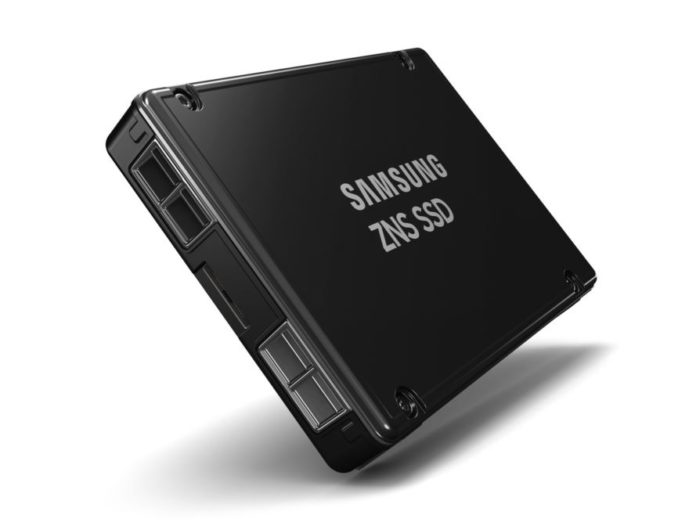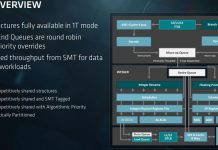Samsung has a new SSD offering, with a twist. The new Samsung PM1731a SSD is a ZNS or Zoned Namespace SSD. The promise of ZNS is the ability to maximize endurance while removing the need for overprovisioning.
Samsung PM1731a ZNS SSD
The Samsung PM1731a ZNS SSD utilizes QLC NAND. This is actually a major feature since it lowers the cost per GB stored. The initial capacities will be in 2TB and 4TB form factors. This continues a trend toward larger minimum capacities for SSDs. Even 960GB-1TB models are going to start coming under pressure soon outside of markets such as boot devices.
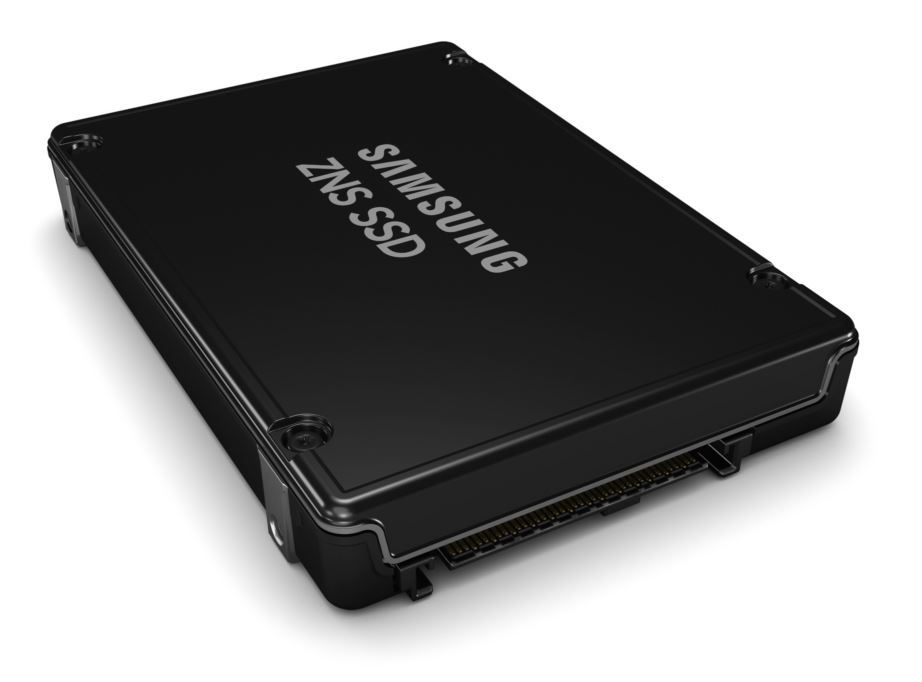
ZNS standards actually started with the SMR hard drive models that were the topic of WD Red SMR vs CMR Tested Avoid Red SMR. The model allows a SSD to be partitioned into “zones.” Then, each zone is sequentially written. As a result, the SSD’s controller does not have to manage random writes which can involve copying data to memory, erasing blocks, and then re-distributing data often.
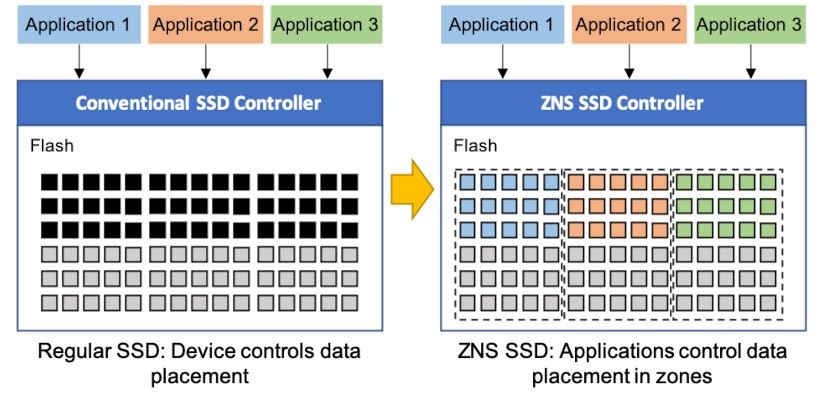
The impact of ZNS is that the technology can handle higher queue depth writes without having to re-order writes on the SSD for efficient placement on NAND. The overall solution by sequentially writing data instead of having to re-place data in cells means that write amplification is minimized in the SSDs. Unlike HDD host-managed SMR technology, read access is easier since the device is still a SSD rather than rotating media.
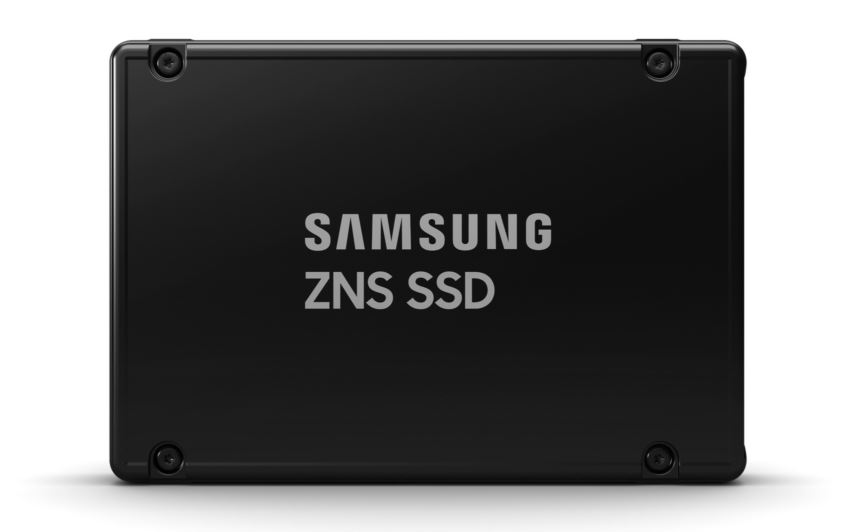
As one may infer, there is certainly a software lift to make this work, but the industry is getting behind it since vendors claim about a 3-4x reduction in write amplification while increasing capacity and lowering the need for onboard DRAM capacity.
Final Words
Samsung says it plans to go into mass production with the PM1731a ZNS SSD in the second half of 2021. The company has recently been pre-announcing products well ahead of actual availability. As an example, the recent Samsung CXL Memory Expander with DDR5 Launched well before systems could support such a product. This seems to be a trend. Still, with the recent NVMe 2.0 spec, ZNS SSD support is coming to the market and Samsung is getting ahead of that trend.

